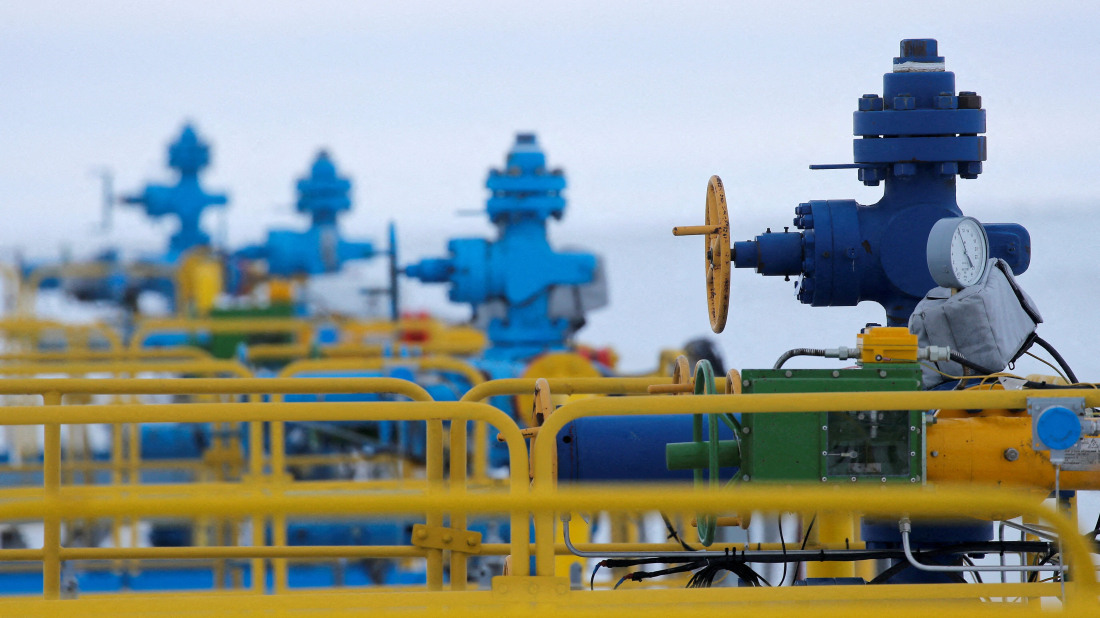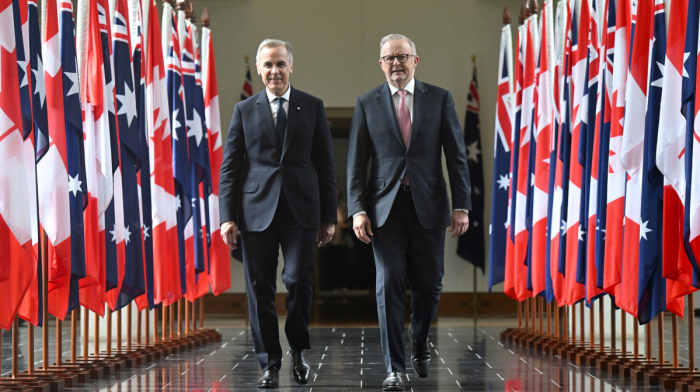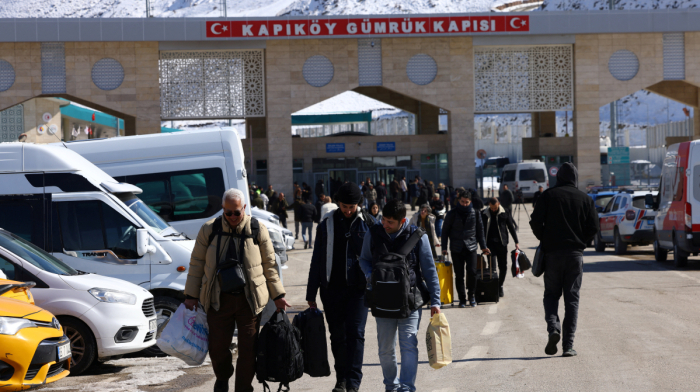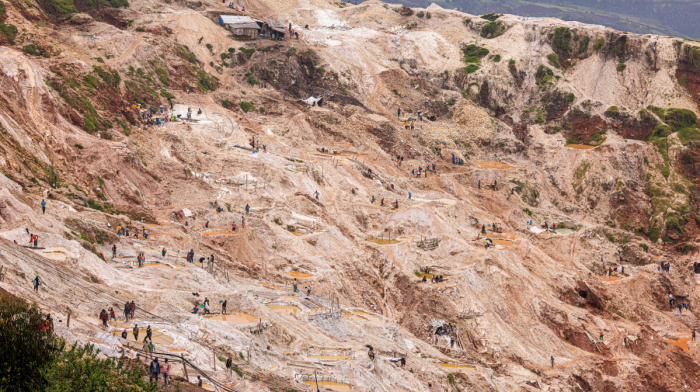The European Commission is preparing to propose legal measures next month to phase out the EU's imports of Russian gas and LNG by 2027.
The European Commission announced on Tuesday that it will propose legal measures in June to phase out the European Union’s imports of Russian gas and liquefied natural gas (LNG) by the end of 2027. This is part of the EU's strategy to end its long-standing energy relationship with Russia.
According to the Commission, the upcoming legal proposal will include a ban on remaining Russian gas imports under existing contracts by 2027 and will also target Russian gas imports under new agreements and spot contracts by 2025.
As of now, around 19% of Europe’s gas still comes from Russia, a significant decrease from 45% prior to the invasion. While some EU industries have expressed support for the resumption of Russian gas imports, the EU continues to push forward with efforts to reduce reliance on Russian energy, including increasing its purchases of LNG from the U.S. to replace lost Russian volumes.
In addition to the gas measures, the Commission plans to introduce a ban on Russian enriched uranium supply contracts. However, the legal options for breaking existing Russian gas contracts have yet to be outlined, with approval from the European Parliament and a majority of EU countries needed for the proposal to move forward.
The EU has already imposed sanctions on Russian coal and most oil imports, but gas has remained a point of contention, particularly for countries like Slovakia and Hungary, which still rely heavily on Russian pipeline gas.
The Commission’s plan aims to mitigate the impact on European energy prices, which could be affected by the phased-out gas imports. In addition to diversifying energy sources, the EU is betting on renewable energy to reduce overall fossil fuel consumption.


















What is your opinion on this topic?
Leave the first comment